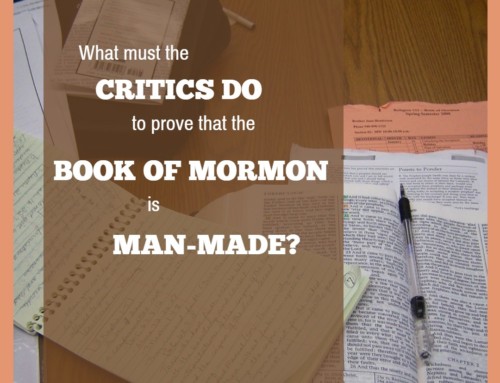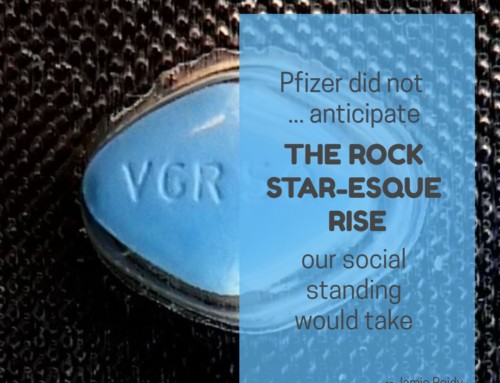Do you know this man?
In my day, everybody did. He was one of those faces we saw everywhere. He was as famous in the 60s, 70s, 80s as, oh, Simon Cowell is today.
His name was George Plimpton. After reading Nelson Aldrich’s book about him, George, Being George, I think I’d like to try reading a book by him. We’ll get to that in a minute.
George was born to money in New York. This gave him ease and manners and a certain “patrician” accent. After boarding school and Harvard, his friends beckoned him to Paris, where he eventually started The Paris Review.
This was one of those Little Magazines, which feature short stories, poems and interviews. They are (or were) a gateway to exposure for unknown writers. They never make any money, but the kind of people that staff them are either like George, who enjoyed an independent income, or they are artist-types who sponge off of their old-money friends.
The Paris Review was the gold-standard of Little Magazines. It attracted all the cool people, not least because George himself was the height of cool. Besides his fluid, graceful prose, he threw great parties (some of them orgies, back when that sort of thing looked problem-free), and stimulated great conversations. He hung out with the Kennedys, with Andy Warhol.
Brimming with curiosity, George turned to journalism, eventually pioneering a completely new and now-imitated form: Immersion journalism.
In standard journalism, the writer interviews the butcher, the baker, the candlestick-maker. But George, so to speak, put on the apron, cut steaks for a week, then wrote about it. Mr. Read-Fast-Eat-Slow remembers Plimpton’s most famous book, Paper Lion, in which the author suited up and played with the Detroit Lions. He lived to tell the tale.
*blogger puts book on her list*
So, great writer, great buddy, not-so-great husband. But you can read all about that yourself.
Aldrich apparently interviewed the wives, the Paris Review authors, the theatre buddies, boarding school friends, et al, then spliced it all together by subject. You can check out the interviewees in the back of the book, or you can just float along, guessing their role in George’s life by context clues.
Photo credit: jawboneradio on VisualHunt / CC BY-NC-SA







Leave A Comment